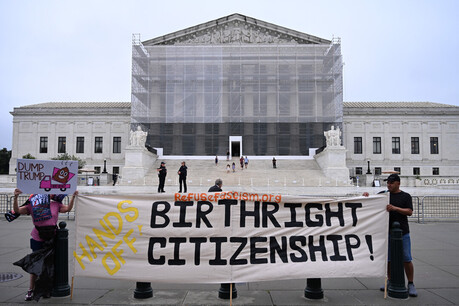
A new study has revealed that SGLT2 inhibitors, commonly used to treat type 2 diabetes, may also offer significant benefits for patients with hypertrophic cardiomyopathy (HCM), a condition characterized by an abnormally thickened heart muscle.
Researchers at Seoul St. Mary's Hospital, Korea University, analyzed data from over 8,000 patients with both HCM and diabetes. They found that those treated with SGLT2 inhibitors experienced a 24% reduction in the risk of death or hospitalization due to heart failure compared to those on other diabetes medications.
Key findings of the study include:
A 44% reduction in overall mortality.
An 18% decrease in hospitalization for heart failure.
A 50% lower risk of sudden death.
A 26% reduction in stroke risk.
These benefits were observed regardless of the patient's gender or the presence of atrial fibrillation.
"This study offers new hope for patients with HCM, a condition with limited treatment options," said Professor Jeong Mi-hyang of Seoul St. Mary's Hospital. "While this research focused on patients with diabetes, further studies are needed to determine if SGLT2 inhibitors can also benefit patients without diabetes."
Hypertrophic cardiomyopathy is a hereditary heart disease that can lead to serious complications, including heart failure and sudden death. Current treatments often rely on beta-blockers and calcium channel blockers. While specialized myosin inhibitors have been introduced, their use is limited to obstructive HCM.
SGLT2 inhibitors work by blocking the transport of glucose back into the bloodstream, thereby lowering blood sugar levels. Previous studies have shown that these drugs can improve survival rates and reduce hospitalizations in patients with heart failure, regardless of whether they have diabetes.
"This study suggests that SGLT2 inhibitors may play a role in reducing arrhythmia and heart failure risk in patients with HCM," said Professor Jo Jeong-sun of Daejeon St. Mary's Hospital.
[Copyright (c) Global Economic Times. All Rights Reserved.]





























